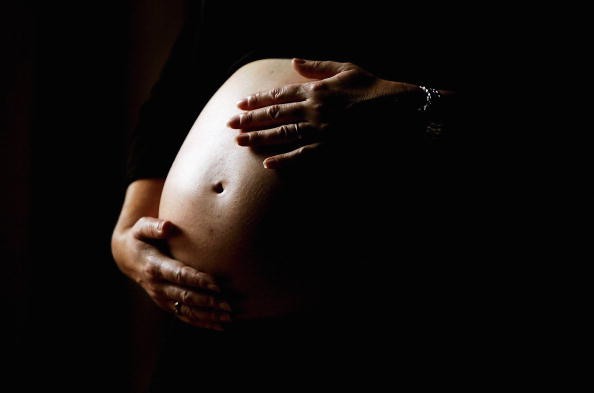
Miscarriages are not uncommon, they are not due to the mother's lifestyle choices during pregnancy, and they are not due to past use of any contraception or to a stressful event. However, a lot of people believe these misconceptions about miscarriage, according to a study.
Researchers at Albert Einstein College of Medicine of Yeshiva University and Montefiore Health System in the Bronx conducted an online survey in 2013 of more than 1,000 adult Americans, 55% of whom were women. Fifteen percent said that they or their partner had had a miscarriage.
The survey results showed that most people believe that miscarriages are rare, happening in less than 6% of pregnancies. Actually they occur in about one in every four pregnancies.
Twenty-two percent of the people who responded said that lifestyle choices during pregnancy, such as smoking, using drugs, drinking alcohol, or lifting a heavy object, were the single most common reason for a miscarriage, which is also called a spontaneous abortion. In reality, 60% of miscarriages are caused by genetic problems with the fetus. Men were 2.6 times more likely to believe that lifestyle choices caused most miscarriages.
Seventy-six percent of respondents said that a stressful event can cause a miscarriage, while 41% said that having had a sexually transmitted disease could be a cause.
Of the people who responded who had had a miscarriage, 37% felt they had lost a child, 47% felt guilty, 41% reported feeling that they had done something wrong, 41% felt alone, and 28% felt ashamed. Only 45% felt they got sufficient emotional support from the medical community.
"The results of our survey indicate widespread misconceptions about the prevalence and causes of miscarriage. Because miscarriage is very common but rarely discussed, many women and couples feel very isolated and alone after suffering a miscarriage. We need to better educate people about miscarriage, which could help reduce the shame and stigma associated with it," said lead author Zev Williams, M.D., PH.D., director of the Program for Early and Recurrent Pregnancy Loss at Einstein and Montefiore.
The study was published in the journal Obstetrics and Gynecology.



